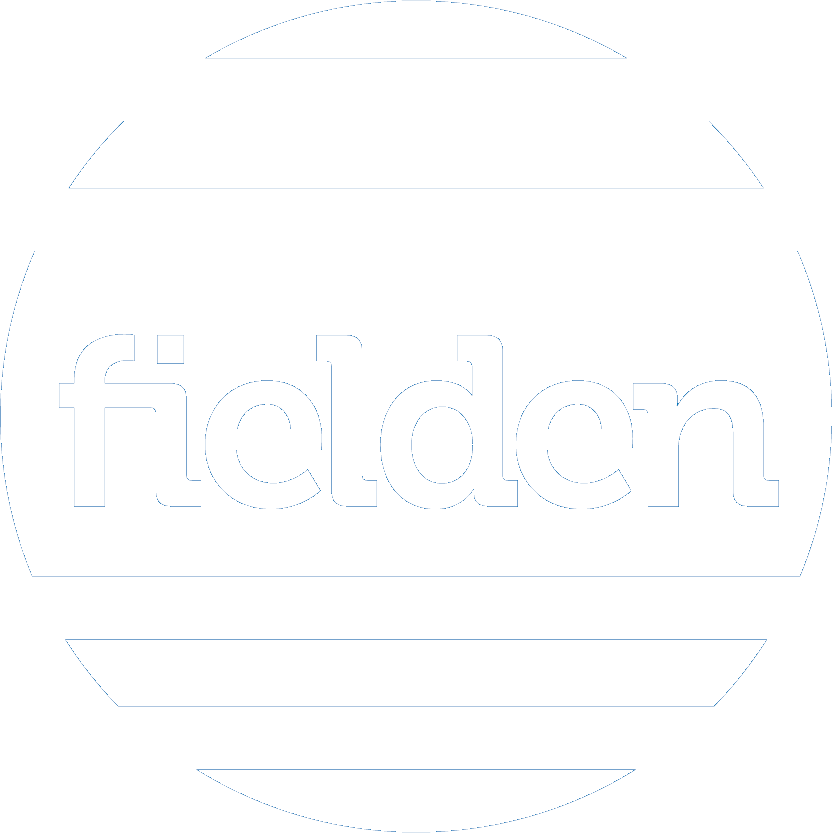history and values
Fielden Management Services Pty Ltd was founded in 1979 as an organisation specialising in project management software and services. The roots of our first customers were in manufacturing, and over time their need to manage project work evolved into the need to efficiently manage their assets.
In order to meet the new challenges our customers were facing, in 1984 Fielden made a decision to develop our own Enterprise Asset Management (EAM) package. Initial prototypes were developed in Fortran, but very quickly PowerHouse became the language of choice, resulting in the development of EAM software package Trident. The use of a 4GL programming language provided a way to quickly customise and deliver reliable changes to the Trident software in order to address specific customer requirements.
This is how Asset Intensive Industries became the primary focus of what we do today. We deeply believe in “real stuff” — organisations and their operations that make the economy tick and the world around us possible. And we are fortunate to be able to contribute to the development of these organisations.
The role of a software system is to enable the organisation to run their operations efficiently, effectively and reliably. No software system should force an organisation into “doing things its way”. Operational differences make businesses competitive. Often experimental changes are required in order to improve business Key Performance Indicators or to deliver on Service Level Agreements. And a software system can have a significant impact on the business either by enabling the necessary changes, or by impeding them due to the inability of the vendor to deliver the change.
Being an engineering organisation ourselves, we understand and can relate to the intrinsic need of change. Software technologies have changed significantly over the past 40 years. The Trident product line has gone through 3 generations — from PowerHouse and mini computers, to Client/Server on 32bit and 64bit Windows, and we have more recently embraced the Web Platform and Mobility. Change management, staff skills and competencies, time management, incident management, preventive maintenance, project work, mean-time to repair and mean-time to failure, etc. — all of these are very much applicable to what we do as an engineering organisation, implementing EAM solutions for our customers.
Highly skilled and dedicated personnel were always a key component in delivering our solutions and services. A true desire to understand the customer, to learn from the customer, to acquire domain expertise and to strive for excellence by applying engineering discipline in delivering software systems is the backbone of what we do.
Today we are proud to be helping companies in 4 distinct industries — Air Navigation, Emergency Services, Chemicals, and Rail Freight — and to be able to apply our expertise to enable changes for our customers.
Long-term relationships are extremely demanding, but also extremely rewarding. And we are grateful to our customers for trusting us and our capacity to deliver on our promises — in some cases such trust spans a period of more than 25 years.
We believe in the openness of human knowledge and share our advancements in both technology and engineering practices by open-sourcing our core technology — Trident Genesis — and cooperating with universities by running Computer Science courses and undertaking practical R&D.
Alan Kay once said, “The best way to predict the future is to invent it.” Through close collaboration with our customers, practical R&D and cooperation with universities, and by fostering highly skilled and dedicated personnel, we strive to invent our shared future.

